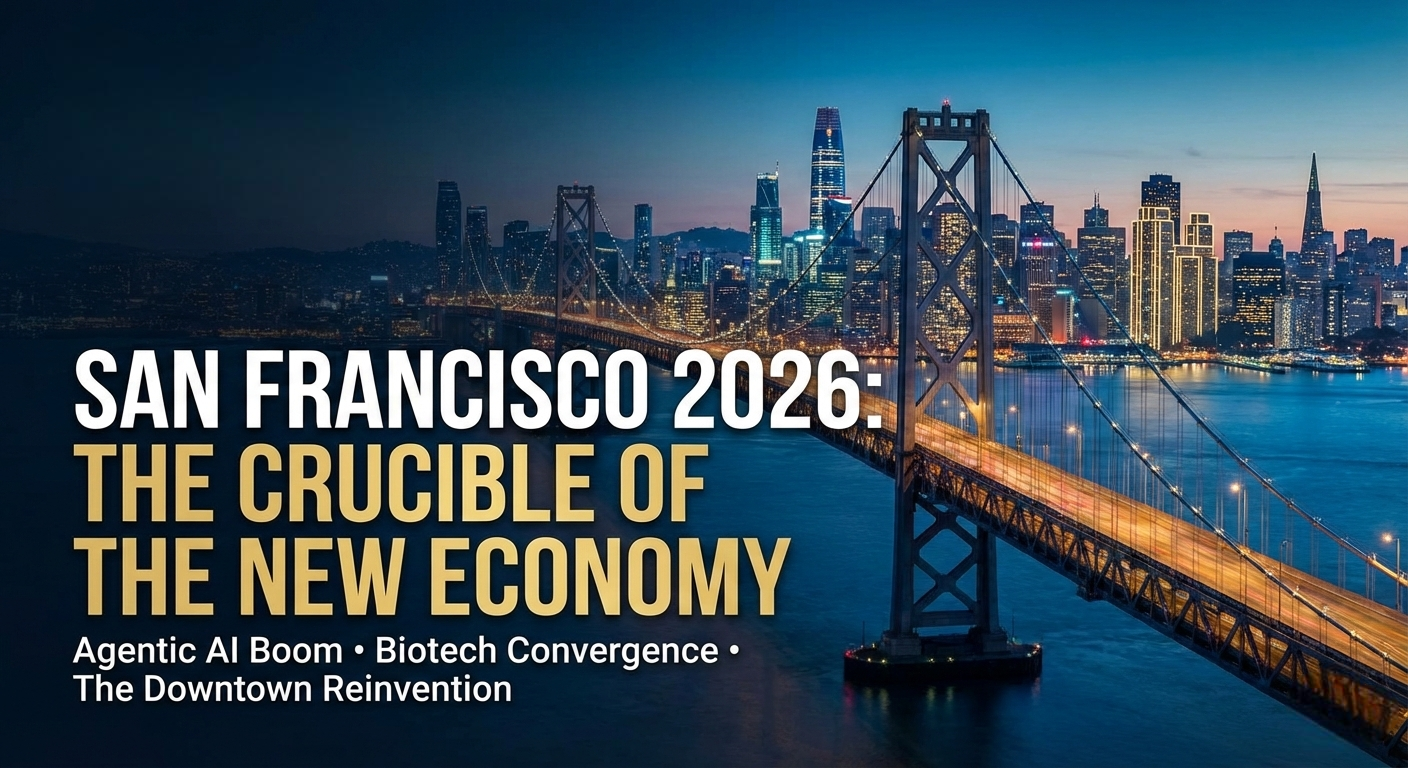In today’s fast-paced and ever-evolving business environment, leadership is more than just setting goals and achieving them. It’s about inspiring a shared vision, fostering a healthy organizational culture, and driving purpose-driven results. Visionary leaders stand out because they don’t just focus on the bottom line—they concentrate on shaping an organization’s culture, ensuring their teams feel aligned with a higher purpose. This leadership style has proven essential in driving innovation, enhancing employee engagement, and achieving long-term success.
What is Visionary Leadership?
Visionary leadership refers to the ability to create a clear, compelling vision of the future and inspire others to work toward it. This type of leader possesses the foresight to identify long-term goals while guiding teams through transformational journeys. Rather than micromanaging day-to-day tasks, visionary leaders focus on big-picture thinking, encouraging autonomy and creativity in their teams. At the heart of visionary leadership is purpose. Purpose-driven leaders not only understand their mission but also communicate it effectively to their teams, fostering a sense of belonging and commitment. The most successful organizations are those where leaders align their visions with the company’s goals and values, creating an environment where employees are motivated to contribute to something greater than themselves.
The Role of Purpose in Shaping Organizational Culture
Organizational culture is the shared beliefs, values, and practices that define how a company operates. When visionary leaders lead with purpose, they shape this culture in powerful ways. Here’s how:
1. Fostering Trust and Transparency
Purpose-driven leadership encourages open communication and transparency. When leaders consistently communicate their vision and explain how it aligns with the organization’s goals, employees feel informed and valued. This trust fosters collaboration and builds a strong sense of community within the organization. Employees are more likely to contribute new ideas and voice concerns when they feel their leaders are transparent and trustworthy.
2. Inspiring Innovation and Creativity
Visionary leaders provide a roadmap for the future, but they also give their teams the autonomy to explore new ideas. By focusing on long-term goals rather than short-term fixes, these leaders create an environment that values innovation. Employees are more willing to take risks, experiment, and challenge the status quo when they understand how their efforts contribute to a larger purpose. The encouragement of creativity fosters an agile and adaptive culture, which is crucial in industries that are constantly changing due to technology and market trends.
3. Enhancing Employee Engagement
A clear sense of purpose has been linked to higher employee engagement. Visionary leaders inspire employees by connecting their daily work to a broader mission. When employees understand the “why” behind their efforts, they are more motivated, dedicated, and loyal to the organization. This type of engagement improves productivity, reduces turnover, and cultivates a positive work environment where employees feel that their work has meaning beyond the tasks at hand.
4. Driving Ethical Decision-Making
Purpose-driven leaders often emphasize ethical behavior and social responsibility. This influence permeates organizational culture, driving decisions that prioritize long-term sustainability over short-term profits. Employees in purpose-driven organizations are more likely to align their actions with ethical standards, knowing that their leaders value integrity. A culture rooted in ethical behavior not only enhances the company’s reputation but also builds customer trust, positioning the organization as a responsible corporate citizen.
The Impact of Visionary Leadership on Business Success
The benefits of visionary leadership extend beyond shaping a positive organizational culture. Purpose-driven leaders contribute to the overall success of the business in several significant ways:
Long-term growth:
By focusing on a long-term vision, visionary leaders ensure that the organization is prepared for future challenges and opportunities. They cultivate an environment that adapts to change and fosters continuous improvement.
Improved performance:
A purpose-driven culture leads to increased employee satisfaction and productivity, which directly impacts the company’s performance. Engaged employees are more committed to achieving organizational goals, leading to better results.
Enhanced brand reputation:
Companies led by visionary leaders often become known for their strong ethical values and commitment to social responsibility. This attracts not only top talent but also loyal customers who appreciate the company’s values and mission.
Conclusion
Visionary leadership is about more than just leading—it’s about shaping a culture that reflects the organization’s values and purpose. By fostering trust, inspiring innovation, and enhancing employee engagement, visionary leaders create a thriving organizational culture that drives long-term success. Purpose-driven leadership not only builds stronger teams but also helps organizations navigate the complexities of today’s business world with confidence and integrity. In a world where businesses must constantly adapt to survive, leading with purpose has become an essential tool for success. Visionary leaders who shape their organizational culture with purpose not only inspire their teams but also set their organizations on the path to sustainable growth and impact.



















